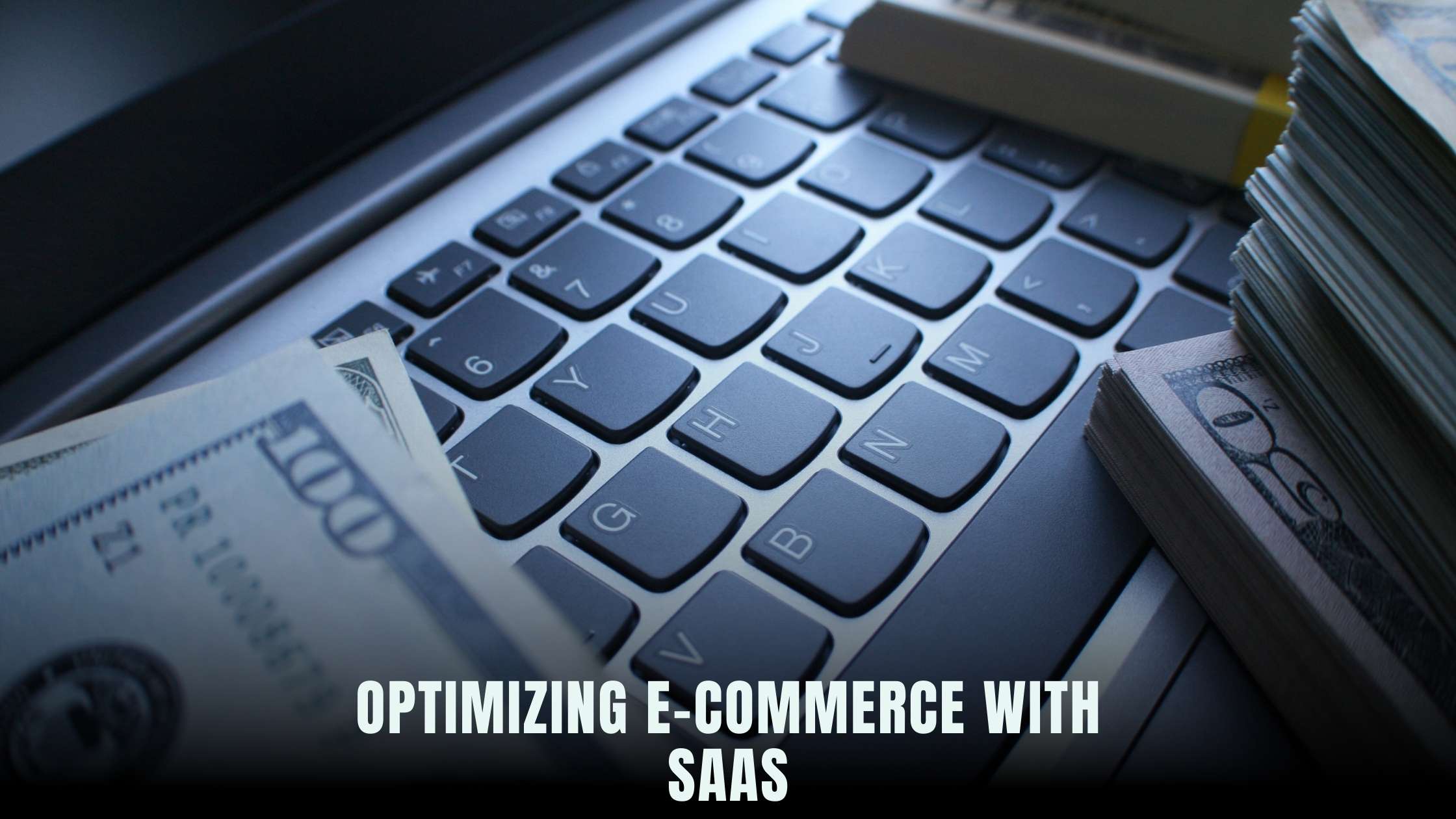Leveraging SaaS Advantages: Choosing the Right E-commerce Solution


Leveraging SaaS Advantages: Choosing the Right E-commerce Solution
In today’s digital landscape, e-commerce has become a cornerstone of business operations, offering companies the opportunity to reach a global audience and streamline their sales processes. However, with the multitude of e-commerce platforms available, choosing the right solution can be a daunting task. This article explores the advantages of Software as a Service (SaaS) for e-commerce and provides insights into selecting the ideal platform to meet your business needs effectively.
Understanding the Advantages of SaaS for E-commerce
SaaS e-commerce platforms offer numerous benefits that traditional on-premise solutions cannot match. From scalability and cost-effectiveness to flexibility and ease of implementation, SaaS solutions provide businesses with a competitive edge in the rapidly evolving digital marketplace.
Key Advantages of SaaS for E-commerce:
- Scalability: SaaS e-commerce platforms are inherently scalable, allowing businesses to easily adjust their resources and capabilities to accommodate growth without the need for significant infrastructure investments.
- Cost-effectiveness: With SaaS, businesses can avoid hefty upfront costs associated with traditional software licenses and hardware purchases. Instead, they pay a subscription fee, often on a monthly basis, making it a more affordable option, especially for startups and small businesses.
- Flexibility: SaaS e-commerce platforms offer greater flexibility in terms of customization and integration with third-party tools and services, enabling businesses to tailor their online stores to meet specific requirements and preferences.
- Accessibility: SaaS solutions are cloud-based, meaning they can be accessed from any location with an internet connection. This accessibility enhances collaboration among team members and allows for seamless management of e-commerce operations from anywhere in the world.
- Regular Updates and Maintenance: SaaS providers handle all software updates and maintenance tasks, ensuring that businesses always have access to the latest features and security patches without the need for manual intervention.
Choosing the Right E-commerce Solution
When selecting an e-commerce platform, businesses should consider several factors to ensure they make an informed decision that aligns with their goals and objectives. From features and pricing to scalability and customer support, evaluating these aspects can help businesses identify the ideal SaaS solution for their e-commerce needs.
Factors to Consider When Choosing an E-commerce Platform:
- Feature Set: Evaluate the features offered by each e-commerce platform, including inventory management, payment gateways, marketing tools, and mobile responsiveness, to determine which aligns best with your business requirements.
- Pricing Structure: Consider the pricing plans and payment options available for each platform, taking into account factors such as transaction fees, subscription tiers, and scalability options to ensure they fit within your budget constraints.
- Scalability and Performance: Assess the scalability and performance capabilities of each platform to accommodate growth and handle increased traffic during peak periods without sacrificing site speed or user experience.
- Integration Capabilities: Check the platform’s compatibility with third-party integrations, such as accounting software, CRM systems, and marketing automation tools, to streamline operations and enhance functionality.
- Customer Support: Evaluate the level of customer support offered by each platform, including availability, response times, and support channels, to ensure prompt assistance and resolution of any issues that may arise.
Relevant SaaS Products for E-commerce
When searching for an e-commerce platform, businesses should consider the following SaaS products known for their advantageous features and functionalities in the e-commerce space:
1. Shopify
Shopify – A leading e-commerce platform that offers a comprehensive suite of tools for building, managing, and scaling online stores. Shopify’s user-friendly interface, extensive app ecosystem, and customizable themes make it a popular choice among businesses of all sizes.
2. BigCommerce
BigCommerce – An e-commerce platform designed to help businesses create and grow their online stores. With robust features such as multi-channel selling, inventory management, and built-in SEO tools, BigCommerce empowers businesses to succeed in the competitive e-commerce landscape.
3. WooCommerce
WooCommerce – A flexible and customizable e-commerce plugin for WordPress websites. WooCommerce offers a range of features, including unlimited product listings, secure payments, and seamless integration with WordPress themes and plugins, making it an ideal choice for businesses using the WordPress platform.
4. Magento
Magento – An open-source e-commerce platform known for its scalability and flexibility. Magento offers advanced features for managing complex product catalogs, implementing customizations, and delivering personalized shopping experiences, making it suitable for enterprise-level businesses with unique requirements.
5. Wix Stores
Wix Stores – An all-in-one website builder that includes an e-commerce solution for creating online stores. Wix Stores provides intuitive design tools, customizable templates, and seamless integration with other Wix applications, making it easy for businesses to establish a professional online presence.
Leveraging Subscribed.FYI Deals for E-commerce Solutions
For businesses seeking the right e-commerce solution to leverage the advantages of SaaS effectively, Subscribed.FYI Deals offers exclusive discounts and promotions on top e-commerce platforms mentioned in this article. By signing up for free, users can access special deals and savings on subscription plans, empowering them to choose the ideal e-commerce solution that aligns with their business goals and budget.
Relevant Product Links:





